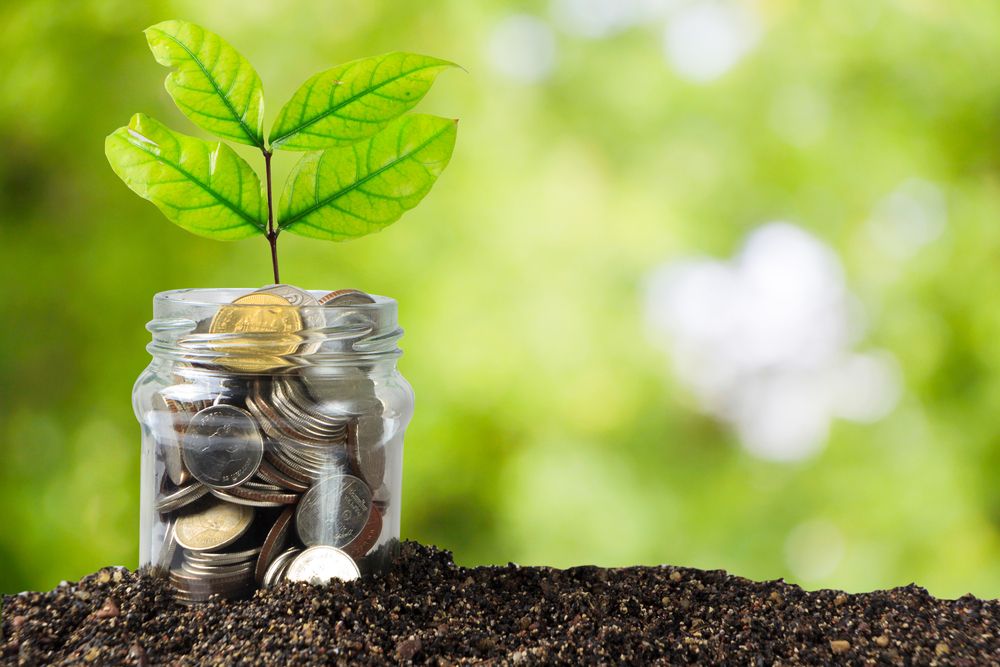Cory Doctorow has made several careers out of thinking about the future, as a journalist and co-editor of Boing Boing, an activist with strong ties to the Creative Commons movement and the right-to-privacy movement, and an author of novels that largely revolve around the ways changing technology changes society. From his debut novel, Down And Out In The Magic Kingdom (about rival groups of Walt Disney World designers in a post-scarcity society where social currency determines personal value), to his most acclaimed, Little Brother (about a teenage gamer fighting the Department of Homeland Security), his books tend to be high-tech and high-concept, but more about how people interface with technologies that feel just a few years into the future.
But they also tend to address current social issues head-on. Doctorow’s latest novel, Walkaway, is largely about people who respond to the financial disparity between the ultra-rich and the 99 percent by walking away and building their own networked micro-societies in abandoned areas. Frightened of losing control over society, the 1 percent wages full-on war against the “walkaways,” especially after they develop a process that can digitize individual human brains, essentially uploading them to machines and making them immortal. When I talked to Doctorow about the book and the technology behind it, we started with how feasible any of this might be someday, but wound up getting deep into the questions of how to change society, whether people are fundamentally good, and the balance between fighting a surveillance state and streaming everything to protect ourselves from government overreach.

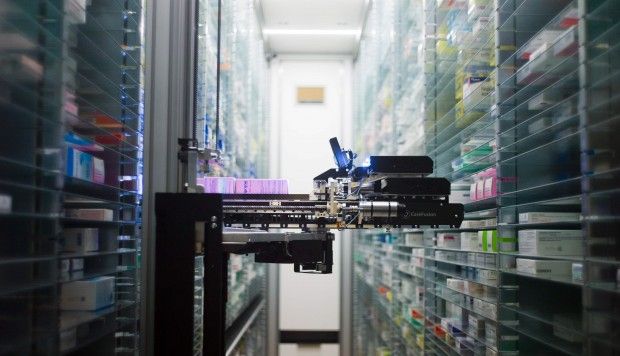

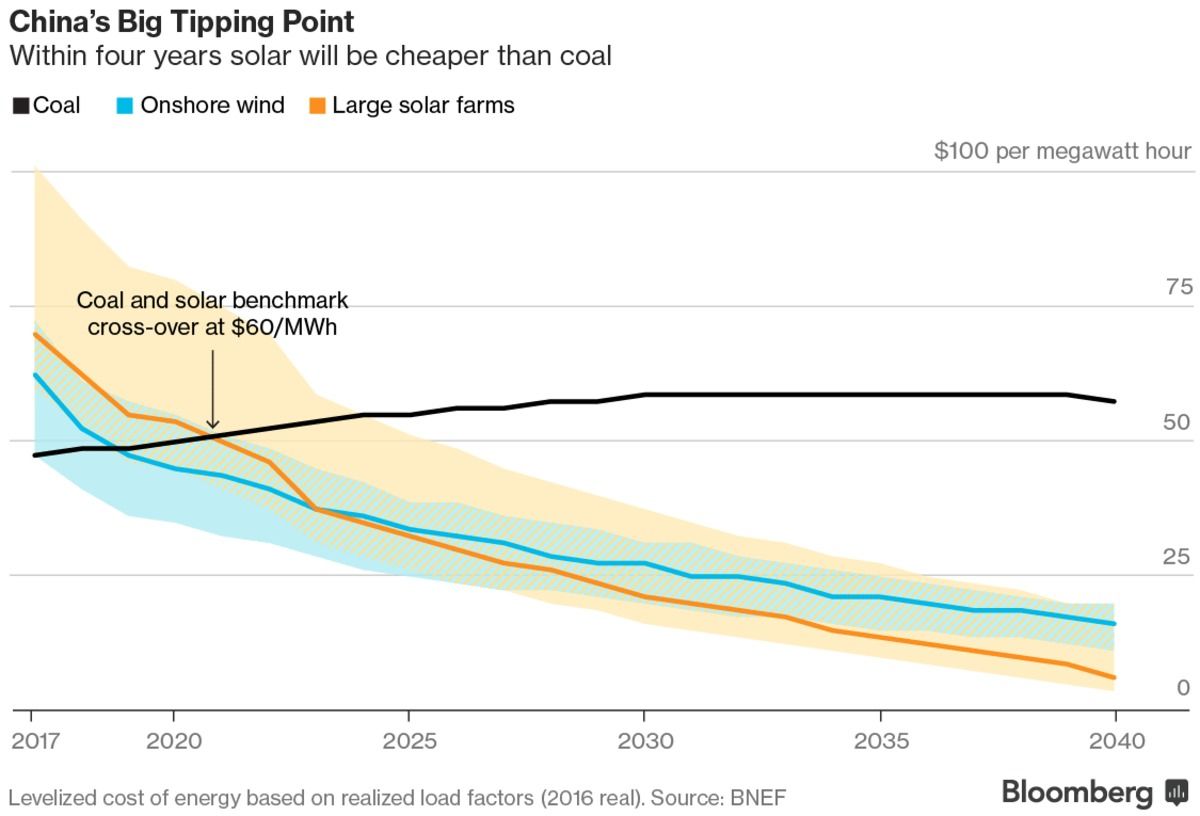

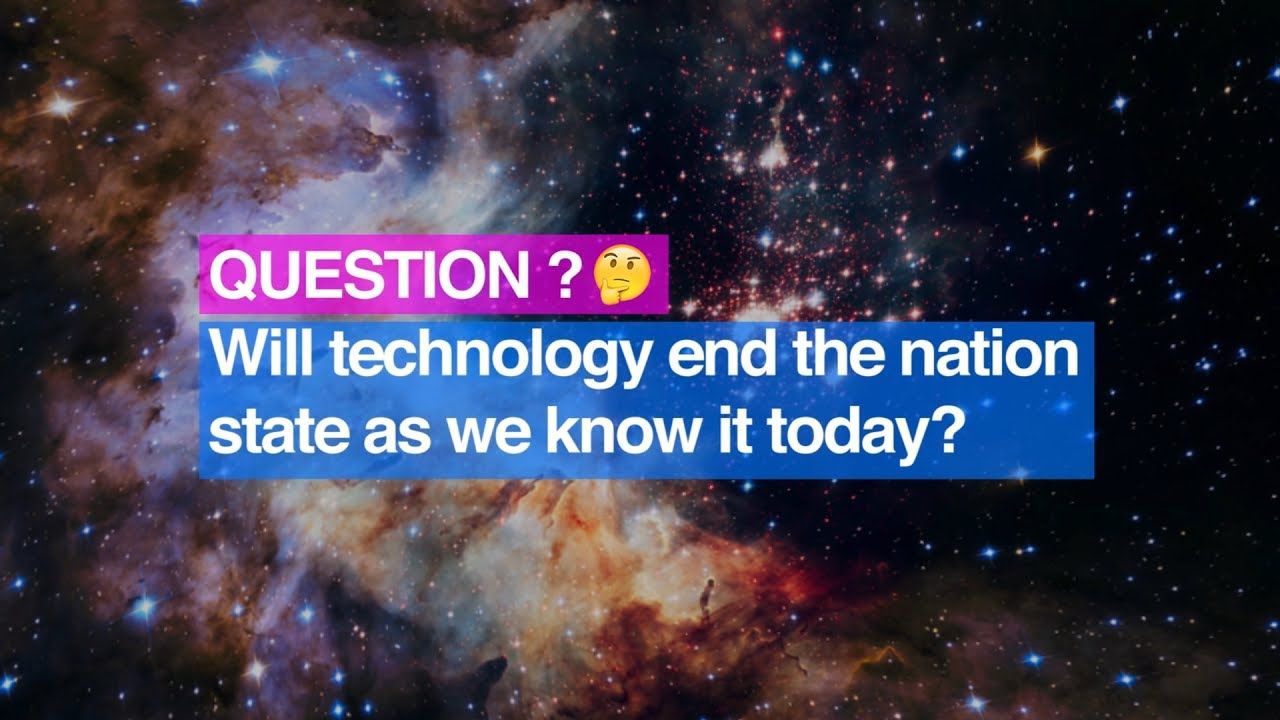
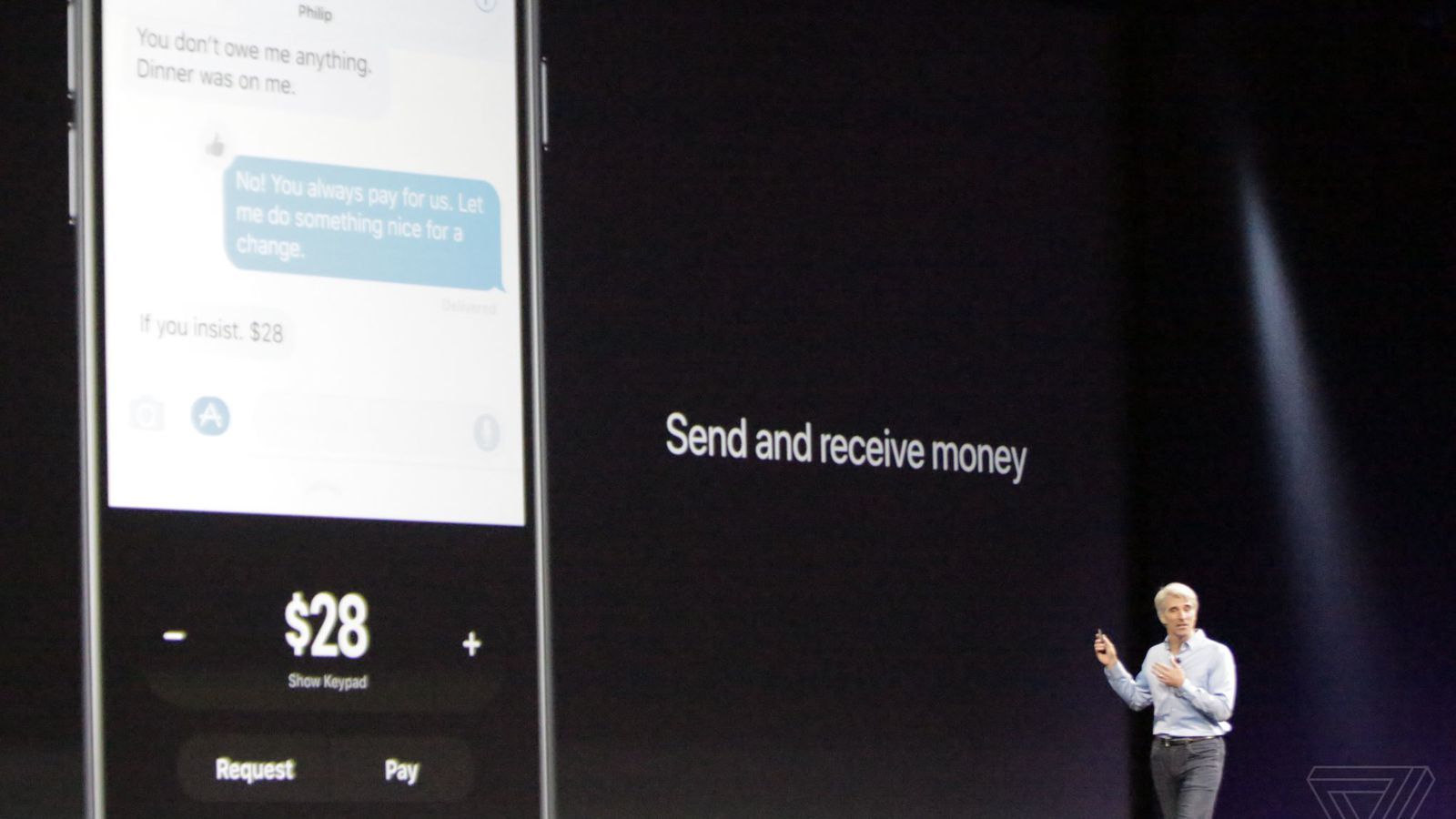

 yields greater risk than a trusted, audited custodial relationship with constant updates and best practice reviews.
yields greater risk than a trusted, audited custodial relationship with constant updates and best practice reviews.
